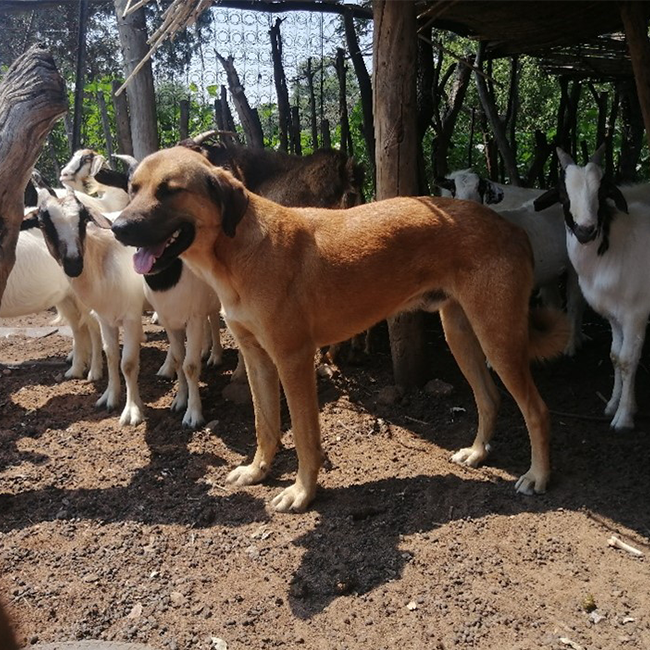
The EWT’s Livestock Guardian Dog Project helps South African farmers reduce predation by using non-lethal methods, significantly decreasing human-wildlife conflict.
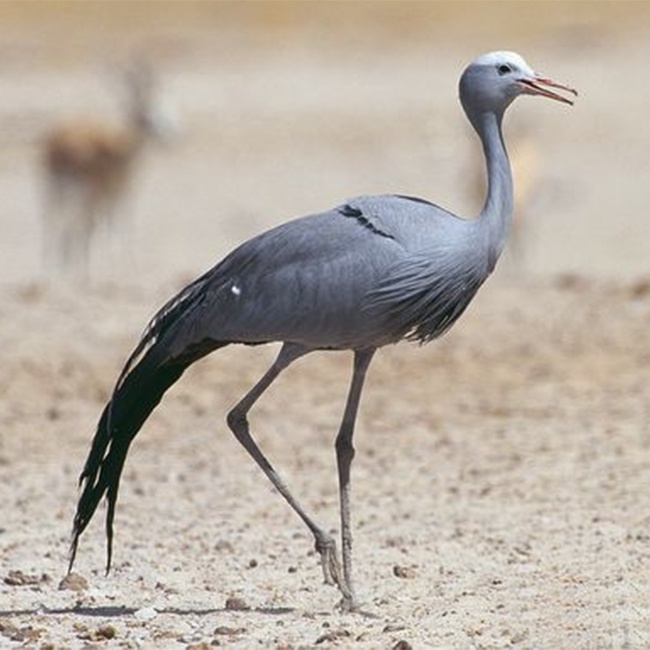
Blue Crane populations in South Africa face challenges from habitat threats and powerline collisions, but ongoing conservation efforts and citizen science data offer hope for their recovery.
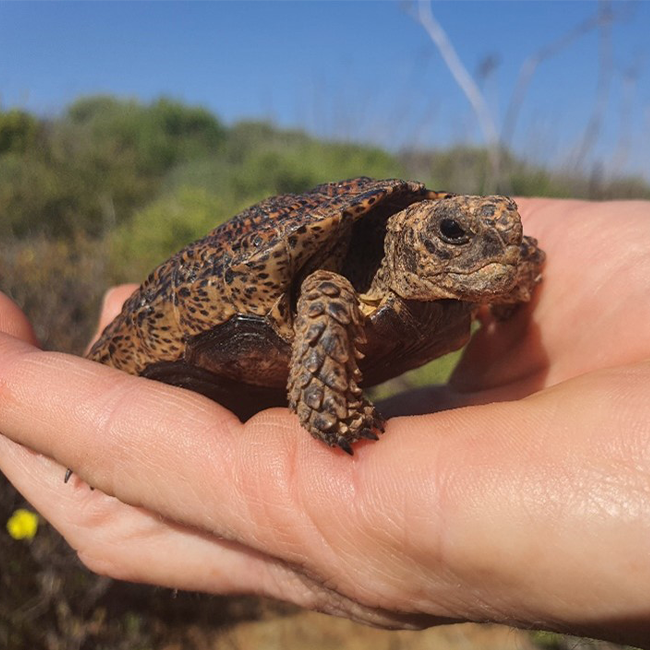
South Africa, home to 13 tortoise species, faces a critical challenge in protecting these ancient reptiles from threats like habitat loss and crow predation.
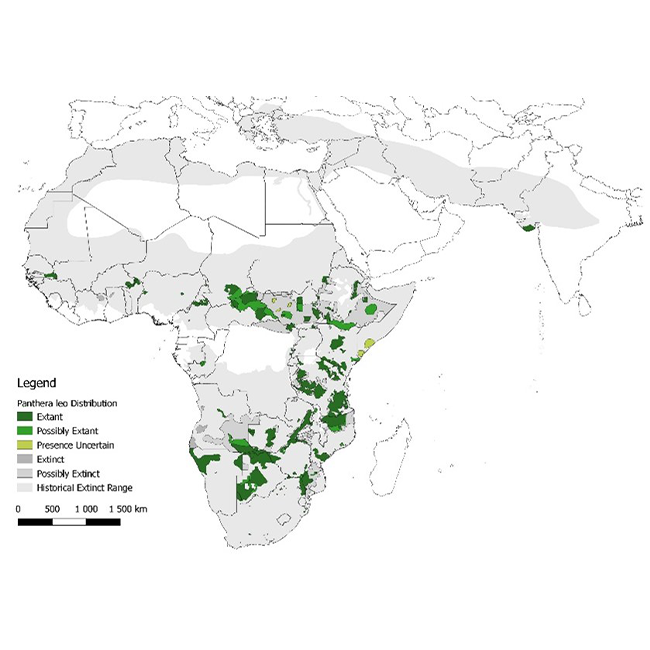
The IUCN Red List of Threatened Species (Red List), established in 1964, offers a comprehensive overview of global conservation status, covering plants, animals, and habitats. With 150,300 species assessed globally, 28% are threatened with extinction, including notable percentages in various taxa. These assessments serve as vital tools for conservation efforts, employing standardized criteria to evaluate extinction risk based on factors such as threats, habitat loss, and population trends.
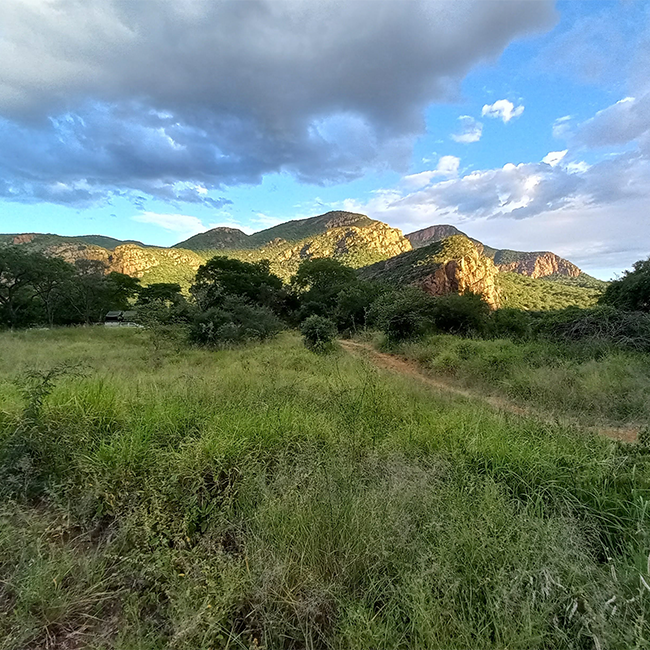
A recent study in the journal Science provides compelling evidence that environmental conservation efforts have been effective in slowing biodiversity loss. Lead author Penny Langhammer emphasizes the need for increased resources and political support to sustain and expand these efforts, especially in the face of escalating human-driven threats. The study underscores the urgency of mitigating these threats and calls for substantial investment and commitment across various sectors to address the global biodiversity crisis.
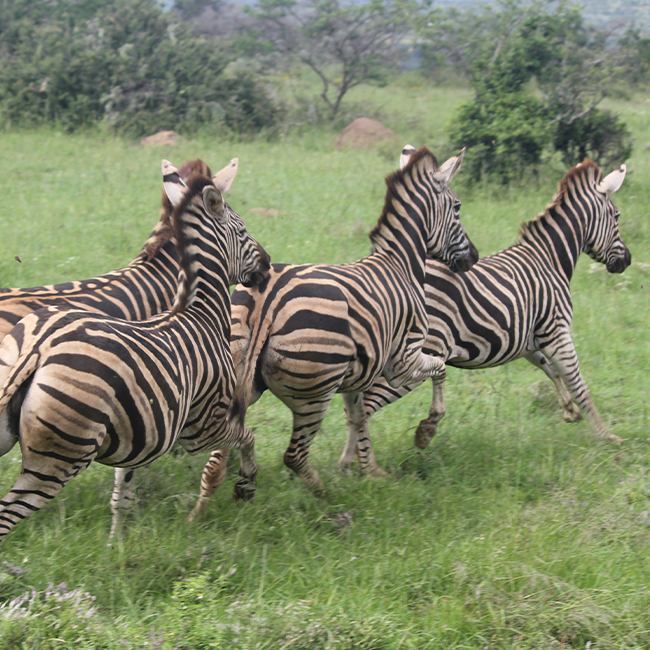
The Endangered Wildlife Trust (EWT) calls for a revision and republication of the government’s National Biodiversity Economy Strategy (NBES), emphasizing the need for clarity, content enhancement, and alignment with conservation principles. EWT’s comprehensive comments outline concerns regarding wildlife management, sustainable land use, and the economic viability of proposed actions.






